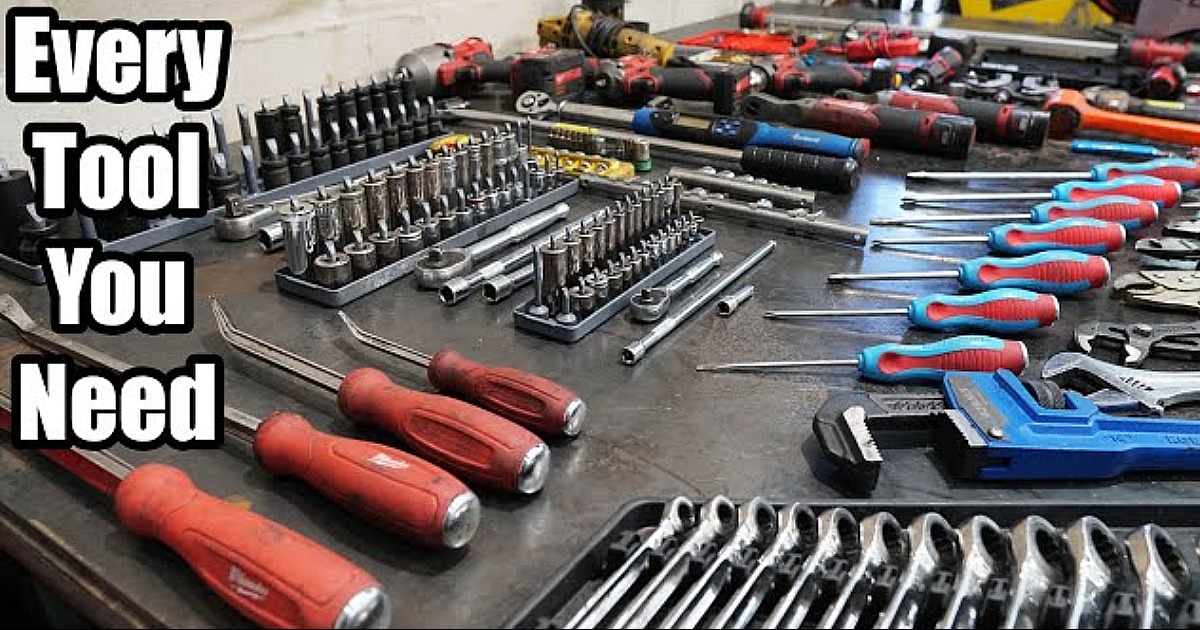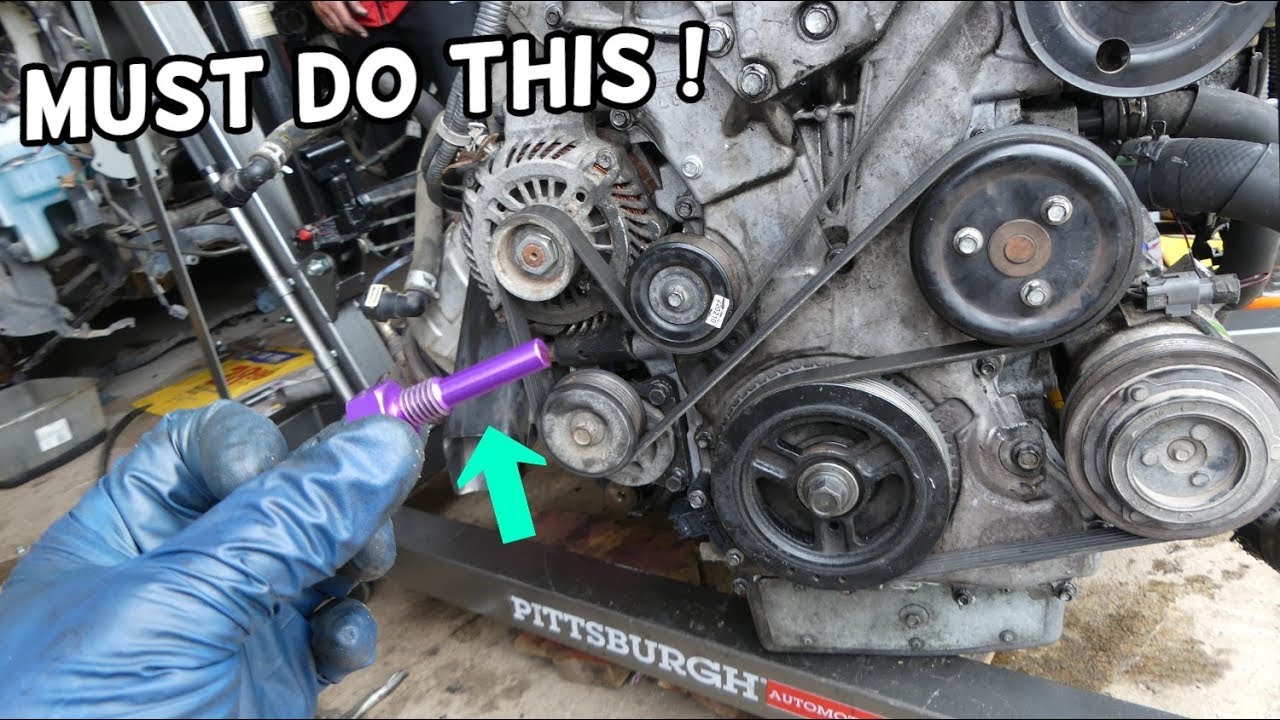In the world of craftsmanship and DIY projects, a workshop is a place of creativity and productivity. The tools that enable the transformation of raw materials into finished products or useful implements are the lifeblood of every workshop.
We will be exploring the many different workshop tools, highlighting the fundamental implements that enable craftsmen, enthusiasts, and artists to bring to life their ideas.
Hand Tools: The Craftsman’s Extension
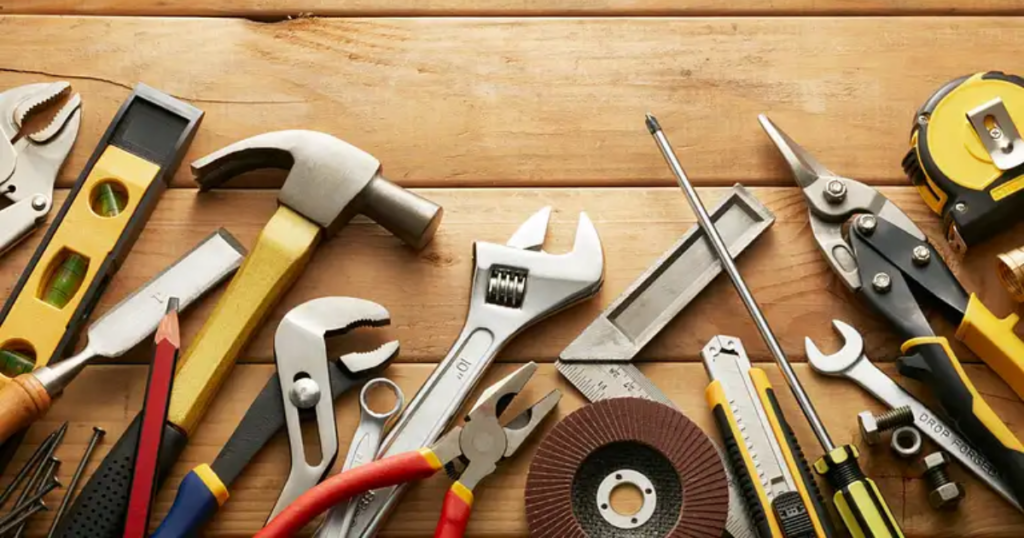
Hand tools are the foundation of any workshop, offering precision and control that power tools may lack. These tools are typically operated by hand and include the following:
- Screwdrivers: Essential for turning screws and fastening components.
- Hammers: Versatile for driving nails, shaping metal, or striking chisels.
- Pliers: Grasping, cutting, and bending wires are made effortlessly with pliers.
- Wrenches: Turning nuts and bolts becomes seamless with various types of wrenches.
- Chisels: Ideal for carving wood or shaping metal through controlled cutting.
Power Tools: The Workhorse Innovators
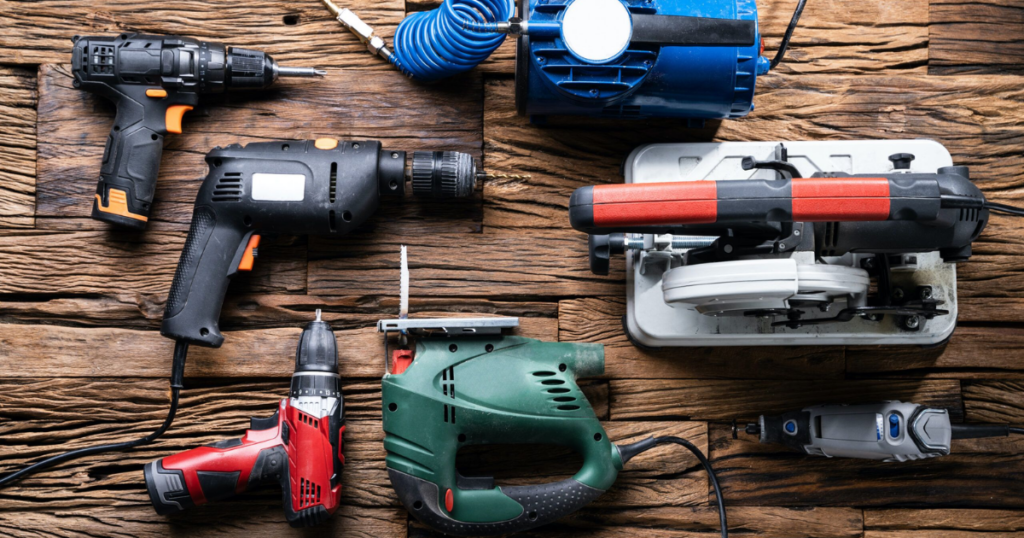
Power tools leverage electricity or other power sources to perform tasks with speed and efficiency. Some key power tools include the following:
- Drill: A versatile tool for creating holes in various materials, available in corded and cordless versions.
- Circular Saw: Essential for cutting wood or other materials with precision and speed.
- Jigsaw: Ideal for intricate and curved cuts in wood or metal.
- Power Sander: Smoothing surfaces becomes efficient with power sanders, such as belt sanders or orbital sanders.
- Router: Enabling intricate woodwork, a router is used for shaping edges and hollowing out areas.
Measuring Tools: Accuracy at Your Fingertips
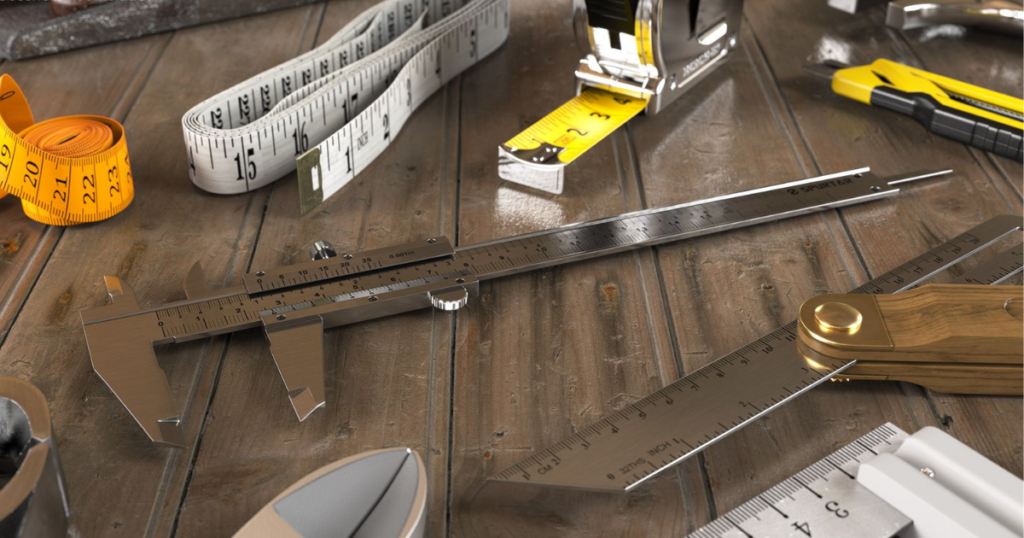
Accurate measurements are the bedrock of successful projects. Workshop toolboxes include:
- Tape Measure: Essential for measuring lengths and distances accurately.
- Calipers: Precisely measuring dimensions, particularly in metalworking or fine woodworking.
- Squares: Ensuring angles are square and cuts are precise.
- Level: Keeping projects plumb and level for balanced and stable results.
Cutting Tools: Crafting With Precision
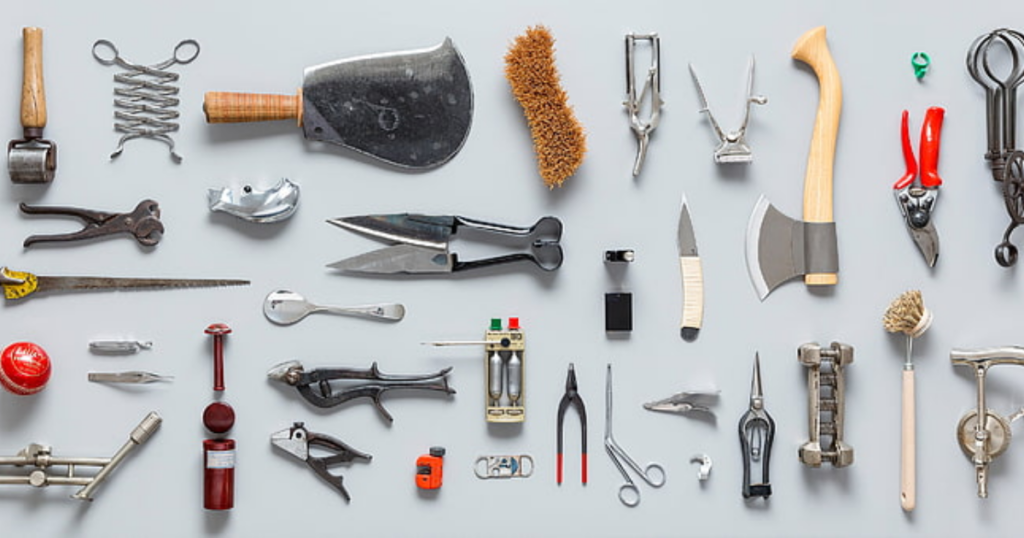
Cutting tools are instrumental in shaping and refining materials. Key cutting tools include:
- Utility Knife: Versatile for cutting a variety of materials, from paper to leather.
- Scissors: Precise cutting for fabric, paper, or other lightweight materials.
- Hacksaw: Perfect for cutting metal pipes or rods.
- Miter Saw: Ensuring accurate and angled cuts, particularly in woodworking projects.
Clamps and Vises: Holding It Together
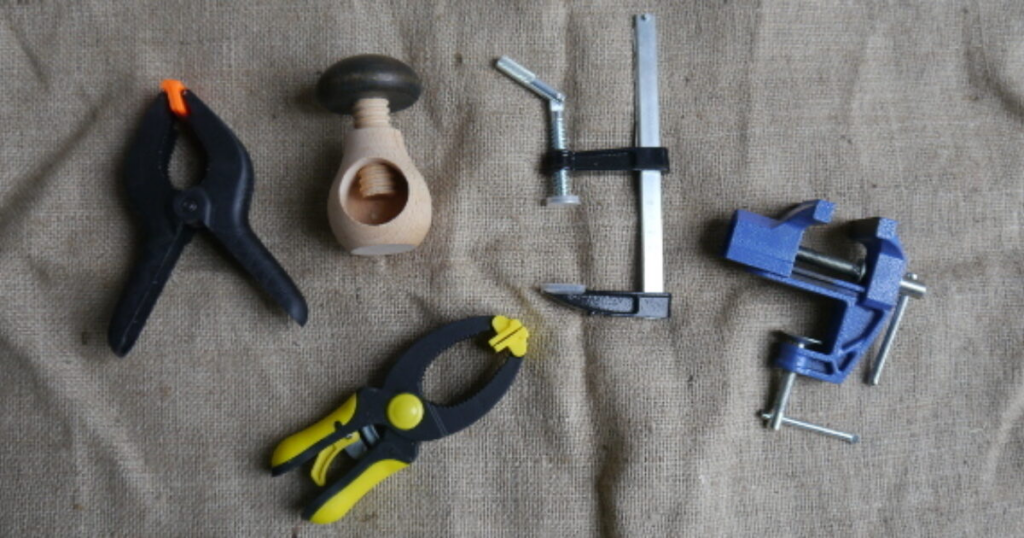
Clamps and vises provide stability and support during various workshop tasks. Examples include:
- C-Clamps: Holding materials in place during gluing or assembly.
- Bar Clamps: Applying even pressure across a wide area for secure bonding.
- Woodworking Vise: Securing wood pieces for precise cutting, shaping, or assembly.
Finishing Tools: Refinement in Every Detail
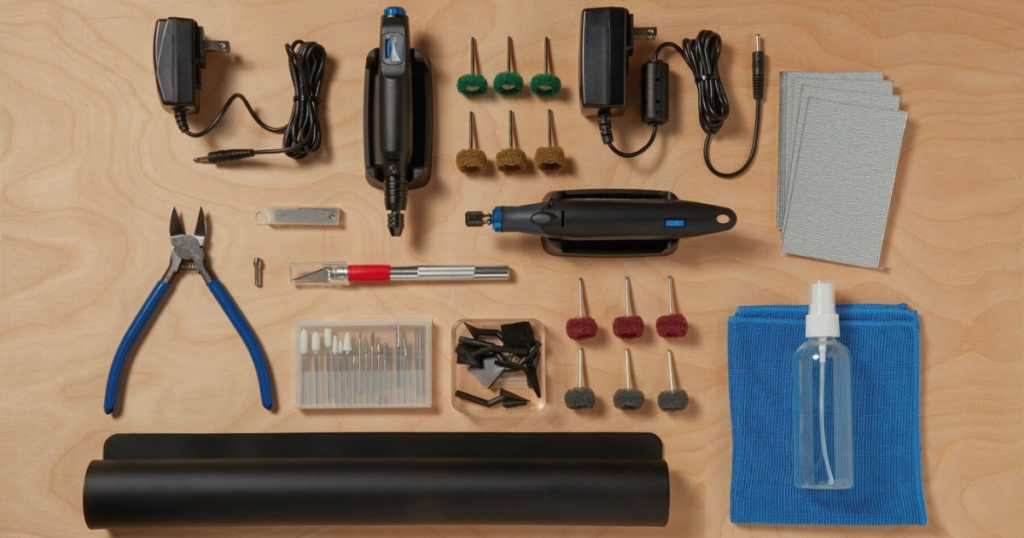
Once the primary work is done, finishing tools add refinement. Examples include:
- Sandpaper: Achieving a smooth and polished surface.
- Paintbrushes and Rollers: Applying finishes or coatings with precision.
- Wood Finish Applicators: Ensuring an even and smooth application of stains or finishes.
Safety Equipment: Prioritizing Well-being
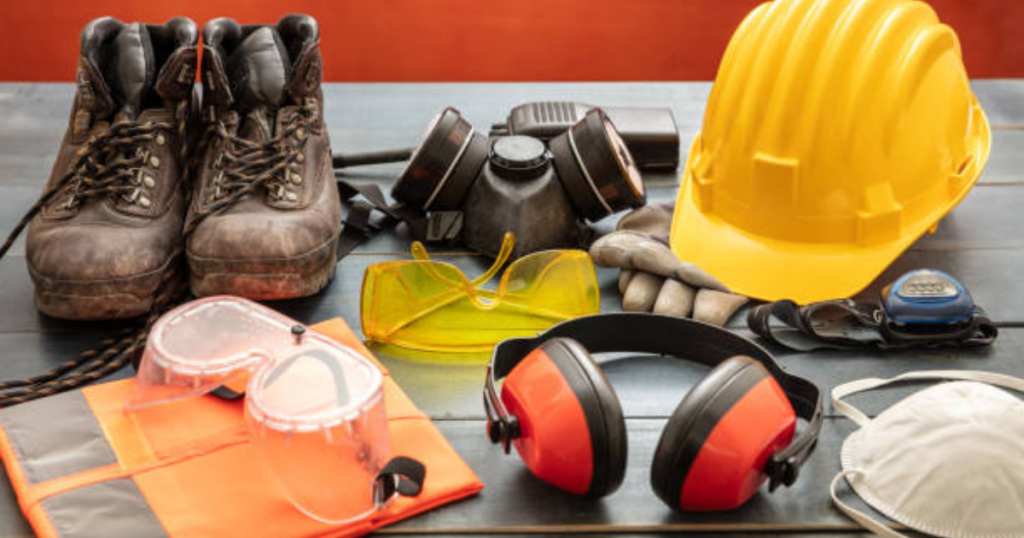
Safety should always be a top priority in the workshop. Essential safety tools include:
- Safety Glasses: Protecting eyes from debris, dust, or flying particles.
- Ear Protection: Reducing the impact of loud machinery on hearing.
- Dust Masks or Respirators: Guarding against inhalation of harmful dust or fumes.
- Work Gloves: Shielding hands from cuts, abrasions, or splinters.
Tools Organizer: Efficiency in Order
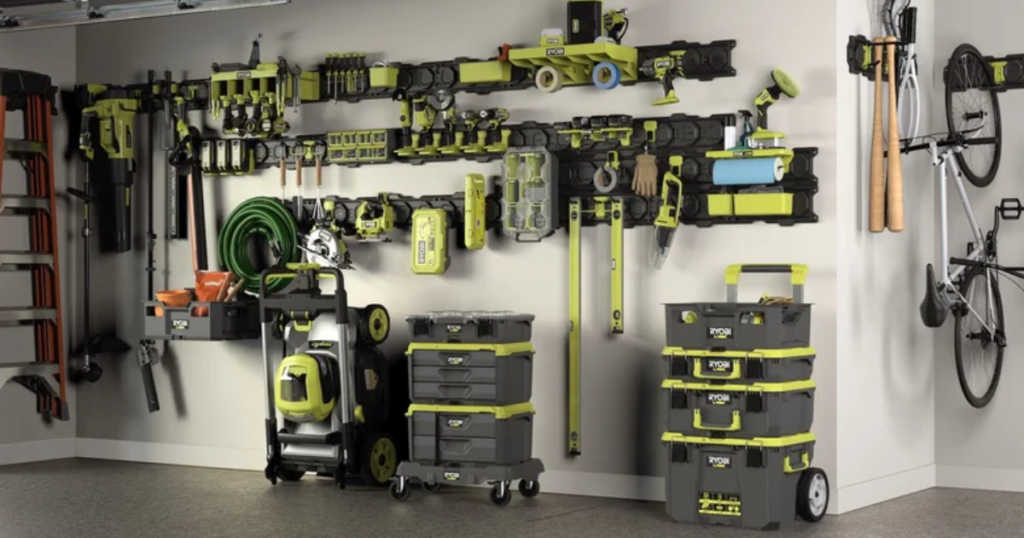
Efficient workshops thrive when organized properly. Tools for keeping everything in order include:
- Toolboxes: Portable and organized storage for hand tools.
- Tool Chests: Larger storage solutions for both hand and power tools.
- Pegboards: Wall-mounted boards for easy access to frequently used tools.
- Drawer Organizers: Keeping small items like screws, bolts, or drill bits in order.
Conclusion
The people who handle the equipment in a workshop have the power to release its true potential. Every tool serves a purpose, whether it be the precision of measuring instruments, the efficiency of power tools, or the stability that clamps and vises provide.
The presence of safety equipment guarantees the well-being of the artisan, while organizational tools develop an atmosphere that fosters creativity and productivity. A well-equipped workshop’s toolbox allows us to witness the perfect combination of creativity and skill, as each tool serves as a means of bringing ideas to life.
